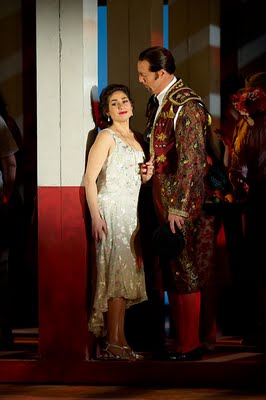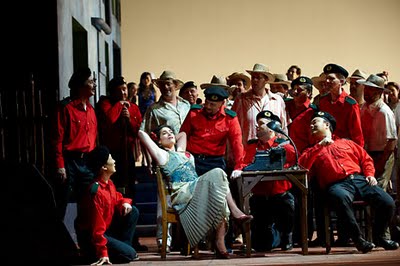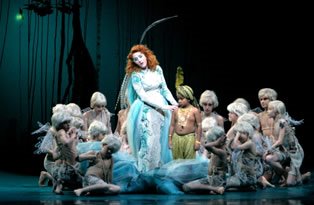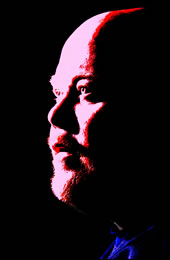Evil Iago stole the show in new Otello
The music is so achingly beautiful in Verdi's operas that one sometimes forgets to follow the surtitles.
But in a classic Shakespearean story about hate and jealousy, deception and devotion, it's pure human emotions that tell the story the best, and that was evident on stage in the February 3 Canadian Opera Company new production of Otello.
Led by Italian conductor Paolo Olmi, the COC orchestra delivered an excellent performance in Verdi's four-act tragic opera. Olmi brought out a wide range of sombre colours in the score and reinforced the many cunningly dramatic climaxes with delicacy and volatility.
Clifton Forbis as Otello displayed both authority and vulnerability as a leader who has been toyed with into thinking his young wife, Desdemona, has betrayed him. The American tenor, who last performed with the COC as Siegmund in Die Walküre, was believable as an actor and generous as a singer.
The lovely Desdemona was sung by Italian soprano Tiziana Caruso, who makes her COC debut in this production. Caruso has a big voice. So big in fact, at times she drowned out her fellow cast members in numbers such as the Dammi la dolce e lieta parola quartet in Act 2 between Otello, Desdemona, Iago, and Emilia.
However, Caruso had the audience wrapped around her unshamefully hearty lyricism in the Otello-Desdemona love duet at the end of Act 1. Forbis matched her volume nicely here, both sounding beautiful and looking mesmerizing.
American baritone Scott Hendricks stole the show as the evil Iago, who deceives Otello into believing that Cassio and Desdemona are lovers. Chillingly charismatic, Hendricks' soliloquy was scheming, his sotto voce gripping — he was the perfect villain.
Unfortunately, Cassio, sung by Italian tenor Emanuele D'Aguanno, and Emilia by American mezzo-soprano Jamie Barton, were the weak links here. Both COC first timers, their overall performances did little to add to the tension-driven production.
Kudos to Scottish director Paul Curran for his minimalist and clever approach to Otello, often considered Verdi's most-challenging work. The spacious set and period costumes by Paul Edwards are exceptionally beautiful and David Martin Jacques' lighting created movement and suspense beyond the stage.
This production won't make you jump out of your seat, but not every production is meant to do that.
COC's Otello is a new co-production with the Welsh National Opera. It continues at the Four Seasons Performing Arts Centre on Feb. 6, 10, 13, 16, 19, 22, 25 and 28.
Labels: COC













